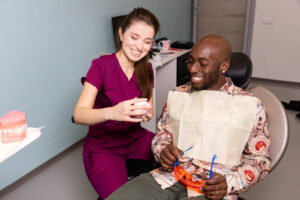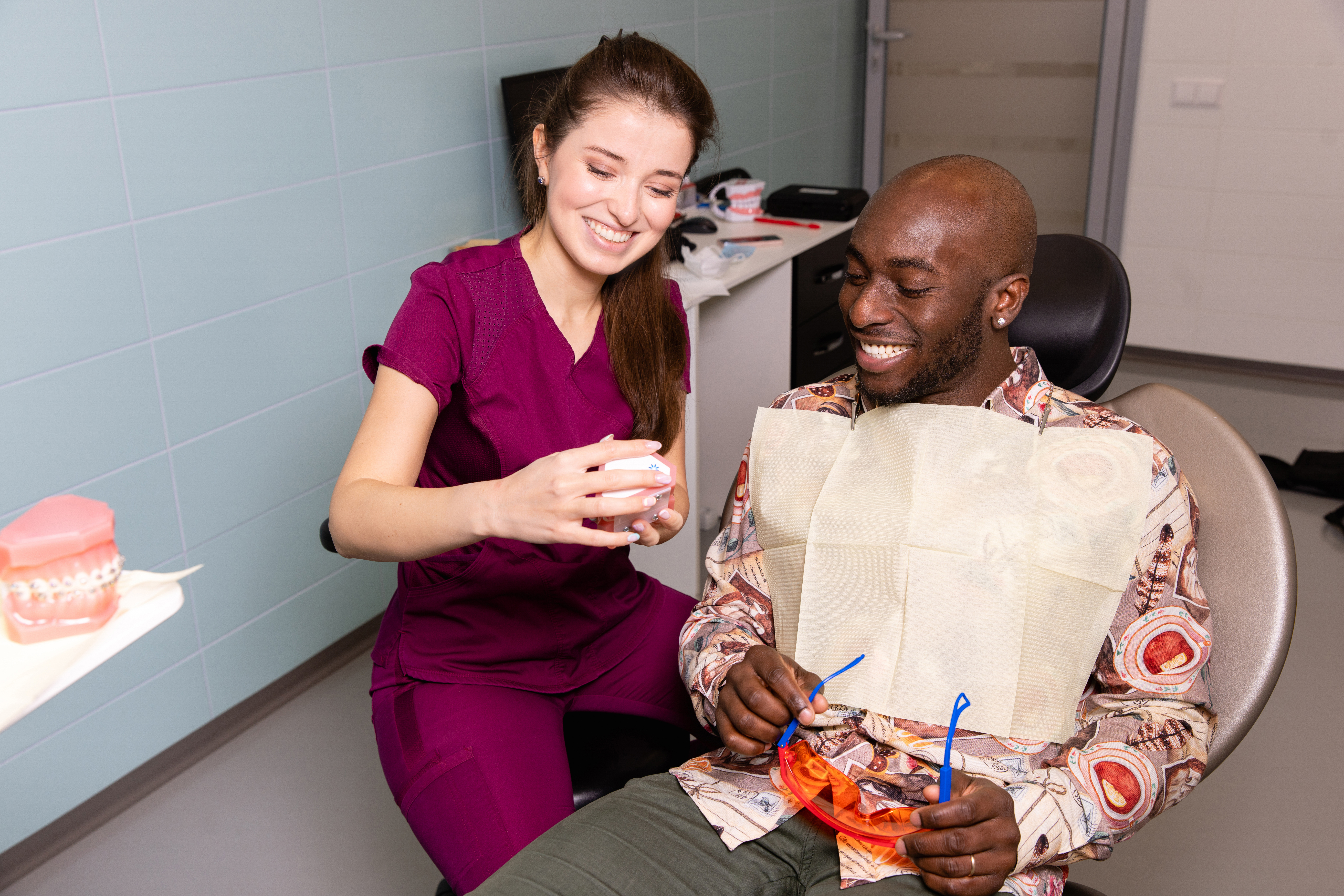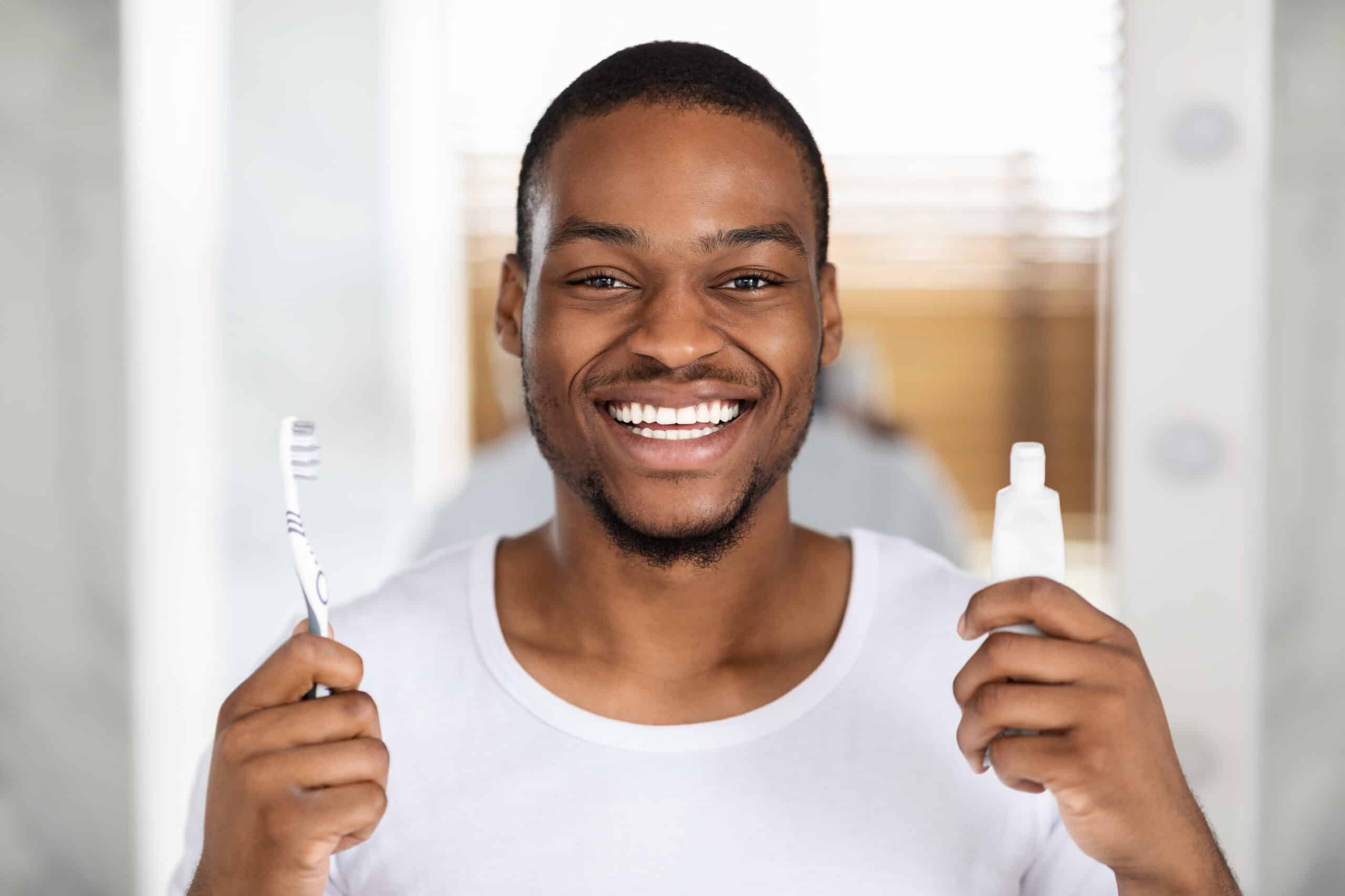How do sunburns eventually disappear? How do a former smoker’s lungs get pink again? The process is called desquamation, which is the body’s process of naturally shedding unhealthy layers.
Most of the body desquamates, but teeth do not. Whatever bacteria accumulate on the surface of your teeth stay there until you remove them (or until we remove them for you).
No one’s mouth is free of bacteria – not by a long shot
The cleanest teeth have between 1,000 and 100,000 bacteria living on their surfaces at any given time; however, much of them are actually beneficial. They work with your immune system to intercept germs that come into your body through your mouth before they travel down into your gut and cause real problems.
By contrast, a tooth in an unclean mouth could have up to a billion bacteria on it. This can include the kinds that cause cavities like Streptococcus mutans. It can also include strains like fusobacteria, which was linked to bowel cancer last summer by two US studies.
Your goal should be to limit the amount of bacteria in your mouth so the kinds you do have are the ones you want.
Keeping harmful bacteria at bay
Bacteria grow exponentially in short periods of time, which is why a commitment to regular oral care is so highly recommended. Brushing and flossing every day is important, but equally so is how you brush and floss.
For example, you’ll want to break up the bad bacteria before they have a chance to come together and form plaque. Think of flossing like scraping paint off a wall and brushing like sanding it down afterwards. And of course, your visits to the dentist will do wonders for removing the bacteria; like a power wash for that wall.
Another helpful tip would be to wash your toothbrush before using it so you’re not introducing new bacteria to your mouth as you wash away the old ones.
As for flossing, make sure to use a clean part of the floss between every tooth so you’re not re-depositing bacteria you just dislodged.
Our hygienists are ready to help you
Don’t think you’re brushing or flossing properly? Think you might be using the wrong toothpaste? Wondering if your flossing technique is optimal for removing bacteria? These are questions we encourage you to ask your hygienist when you come in for your cleaning. You’ll get the answers you need and you’ll get them with a smile.








